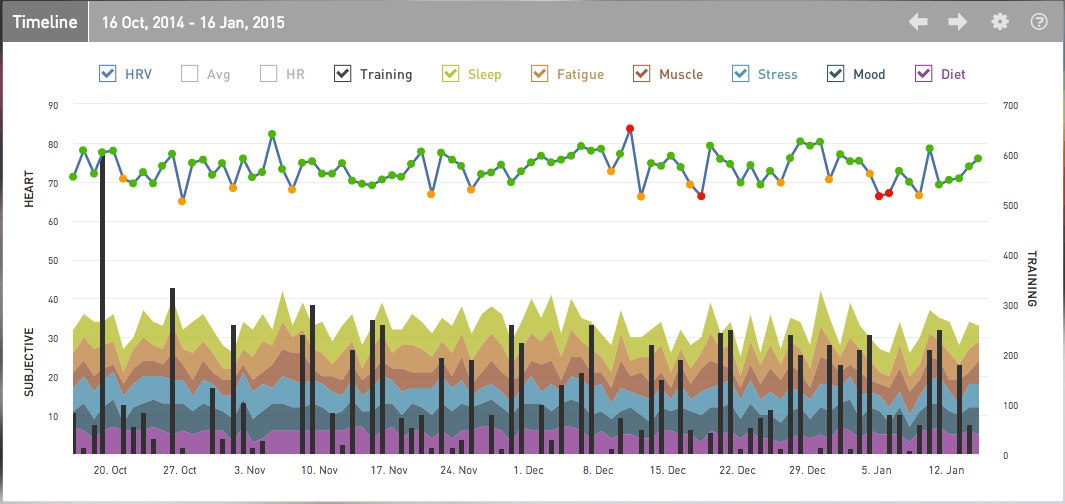We’re probably all familiar with workplace stress. That little buzz at the back of the head that signifies an approaching deadline or the uneasy feeling in the stomach as an important presentation or pitch looms. Stress in the workplace can be suffocating. According to the Health and Safety Executive (HSE), the total number of cases of work-related stress, depression or anxiety in 2013/14 was 487 000 (39%) out of a total of 1,241 000 cases for all work-related illnesses.
Our recent research summary focused on the investigation of how work affected individuals in both psychological & physiological respects. In addition, the full research paper from the University of Queensland, Australia shared some useful tips to reduce workplace stress. So if you’re struggling with stress at work, try implementing some of the following tips and tell us what you think.
Recover Daily
Daily recovery includes taking regular breaks from your office or place of work during working hours. Perhaps take a walk or visit an area where you are physically away from your workstation. Psychologically ‘detaching’ from work when you get home is equally as important, try engaging in activities you enjoy after you finish work. The benefits of simple daily work recovery can be greater than a holiday!
Reappraise/ Reframe Negative Thoughts
Changing the way you see or interpret a situation at work can actually decrease the stress or emotion you feel. You can reappraise negative thoughts by looking for the ‘silver lining’ in a situation, trying to view stressful situations as positive challenges rather than threats, and acknowledging what you can learn from a negative experience.
Enhance Your Experience of Positive Emotions
When you experience positive emotions, this can actually have both short and long term benefits for your physical and psychological health. Additionally, research has discovered that positive emotions can have a ‘protective impact’, and can relate to emotional resilience (Richman et al, 2005). Writing positive messages in a journal/diary or watching an inspiriting video can increase positive emotions.
Keep Physically Active
Regular exercise does not only improve your cardiovascular health, but it’s a simple way to reduce daily stress. Exercising regularly lowers your heart rate and increases your heart rate variability (HRV). Exercise doesn’t have to be demanding, it can include everyday activities such as mowing the lawn or walking to work. Remember to measure your HRV every morning with ithlete to avoid injury and prevent overtraining.
Practice Breathing and Meditation Techniques
Breathing and meditation techniques can reduce stress and it can also be beneficial for cardiovascular health. Breathing also plays an important role in regulating your HRV. Try practicing taking long, deep breaths to get as much oxygen-rich air into your lungs as possible.
Good Quality Sleep is Key
If you have read our sleep tips post, you will know that not only does rest boost your HRV it can also enhance your physical and psychological well being.To improve sleep quality, try to keep good ‘sleep habits’, including creating a restful sleep environment (e.g., no distractions such as tablets or phones), and maintaining a regular sleep schedule.
Don’t forget that ithlete is the only app that enables you to record subjective feelings of stress, fatigue, mood and your diet and sleep quality which allows you to discover which factors affect not only your training recovery, but also your overall health!
Want to try ithlete Pro? Sign up to your two week-free trial here


